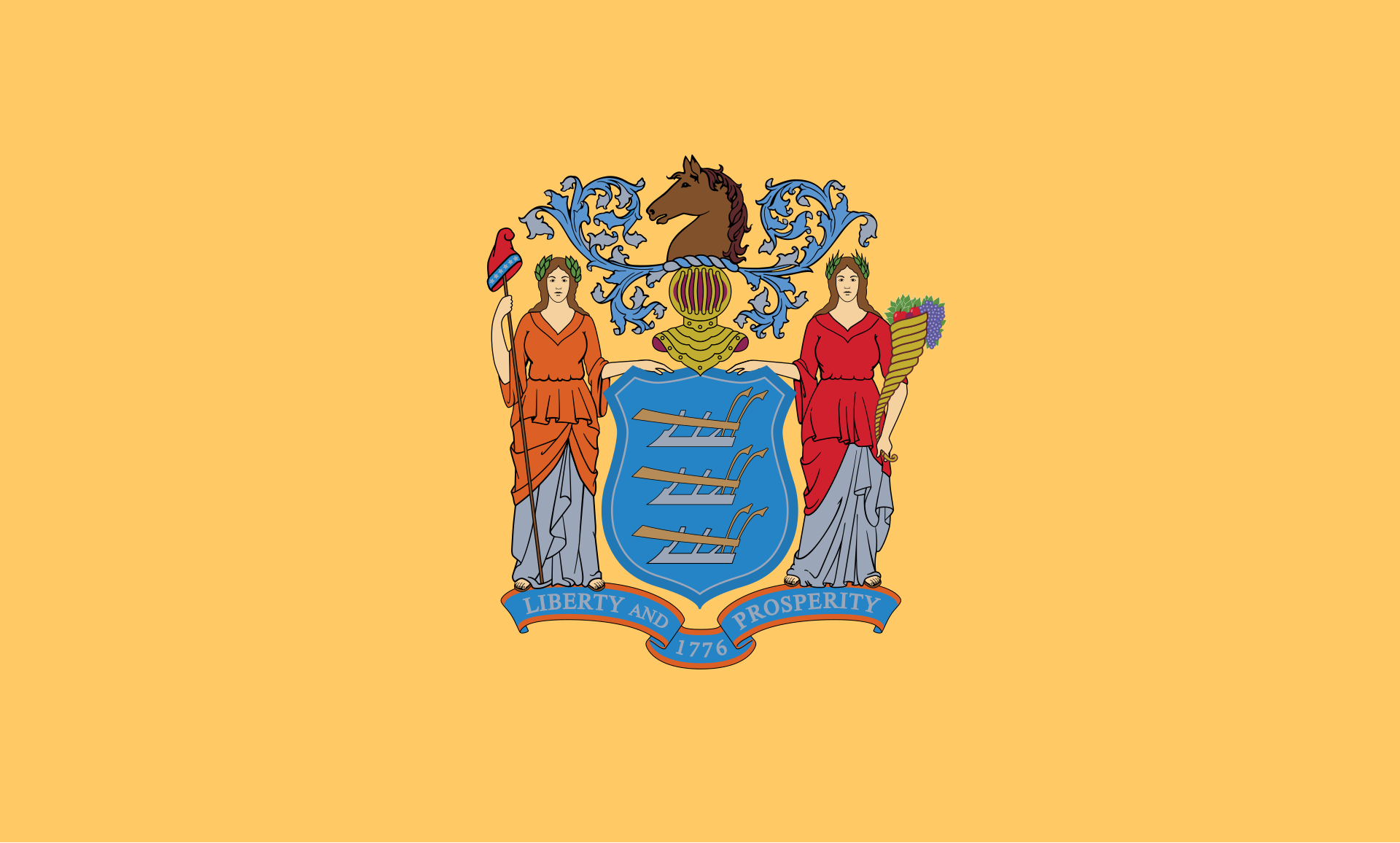
The Freedom From Religion Foundation has moved to file an amicus brief in support of the New Jersey attorney general to ensure that a prior victory FFRF obtained on behalf of N.J. taxpayers is not nullified.
FFRF and its local member David Steketee filed suit in December 2015 seeking to stop Morris County’s practice of regularly issuing historic preservation grants to churches. The county had awarded more than $4.6 million in tax dollars to 12 churches prior to the lawsuit. The complicated case, with many judicial maneuverings, resulted in a strong unanimous decision by the New Jersey Supreme Court in April 2018, ruling the public funding of churches unconstitutional. The county sought to appeal that ruling to the U.S. Supreme Court, which denied its petition in March 2019.
However, local churches don’t seem to have given up in their efforts to benefit from tax dollars. The Mendham Methodist Church and The Zion Lutheran Church Long Valley are urging the U.S. District Court of New Jersey to order Morris County to resume granting funds to churches, even though, in FFRF’s prior lawsuit, those grants were ruled unconstitutional by the N.J. Supreme Court.
New Jersey’s Religious Aid Clause reflects a historic and substantial interest in not funding the building and maintenance of places of worship, FFRF maintains. First, New Jersey’s Founders adopted the Religious Aid Clause specifically in order to forestall the religious strife that they had come to view as the inevitable result when government subsidized churches or otherwise became entangled in religion. Second, if plaintiffs prevail, it will result in precisely what the New Jersey’s Religious Aid Clause is meant to prevent.
“The ‘unambiguous and unbroken history’ of New Jersey’s Religious Aid Clause, which dates to the Founding Era, conclusively demonstrates that prohibiting the use of taxpayer funds to support the building or maintenance of places of worship has ‘become part of the fabric of our society,’” states the brief. “In this case, the exact harms that New Jersey sought to prevent through its Religious Aid Clause — religious strife brought on by inequitable distributions of taxpayer money and the government entanglement with religion that follows — will come to pass if the plaintiffs are granted their requested relief.”
New Jersey’s Religious Aid Clause was meant to forestall the religious divisiveness that historically followed whenever a government financially supported the building or maintenance of churches or other places of worship, FFRF maintains. The U.S. Supreme Court has already recognized: “Most states that sought to avoid an establishment of religion around the time of the founding placed in their constitutions formal prohibitions against using tax funds to support the ministry.” The court cited New Jersey’s Religious Aid Clause as an example of this unimpeachable historical tradition.
New Jersey’s Founders wrote the Religious Aid Clause in service of safeguarding both majority and minority religious sects from the religious conflicts they saw as the natural outcome of Old World practices. James Madison and Thomas Jefferson were among the American Founders who adamantly voiced their opposition to levying taxes in support of churches. If, as Justice Oliver Wendell Holmes once stated, “a page of history is worth a volume of logic,” then surely a volume of history — the numerous state constitutions adopting no-aid religious clauses, the Founders’ advocacy against religious assessments, and New Jersey’s own unique constitutional history — is evidence that New Jersey’s prohibition against funding the building and maintenance of places of worship is rooted in a well-established interest in avoiding the religious discord that has historically accompanied government religious establishments.
And New Jersey has an unambiguous and unimpeachable interest in ensuring that no taxpayer money is used to fund the building or maintenance of places of worship. If Morris County is permitted to resume its prior and profligate church-funding practices, the inevitable result will be inequities in the financial distributions enjoyed by different religious factions. The county — and its taxpayers — will help older, established Christian sects while similar financial aid will remain unavailable to more recently established congregations. Records obtained by FFRF in its prior lawsuit challenging Morris County’s grant program demonstrate that the only religious groups who benefited from the county’s program from 2003 to 2015 were Christian sects. None of the county’s minority religious groups had projects funded under its prior program, despite much of the funding being earmarked for the type of routine property repair (like fixing windows, roofs or HVAC) that burdens all property owners.
New Jersey’s Religious Aid Clause was also designed to forestall a second form of religious controversy. In order to assess grant applications from churches, Morris County was often put in the position of determining whether a proposed project would further a religious organization’s religious mission. There is simply no way for the county to evaluate many of the project proposals that have come before it without becoming entangled in religious affairs.
“Plaintiffs’ requested relief would undermine New Jersey’s unimpeachable interest in forestalling the religious strife that historically followed from old world religious establishments,” the brief concludes. “For the foregoing reasons, this court should deny the plaintiffs’ motion for preliminary injunction and grant the attorney general’s motion to stay.”
“Twenty-one percent of New Jersey citizens are religiously unaffiliated,” notes FFRF Co-President Annie Laurie Gaylor, “and 8 percent are Jewish, with another 7 percent belonging to other non-Christian faiths. The majority of New Jersey citizens are unchurched and should not be taxed to support churches. We agree with Jefferson that to compel citizens to furnish contributions of money for the propagation of religions which they disbelieve or even abhor ‘is sinful and tyrannical.’”
The Freedom From Religion Foundation is a state/church watchdog comprised of mostly nonreligious 40,000 members nationwide, including 800 members in New Jersey. Local counsel Paul Grosswald filed the brief, which was drafted by FFRF Senior Counsel Sam Grover and legal intern Preston Bowden.

